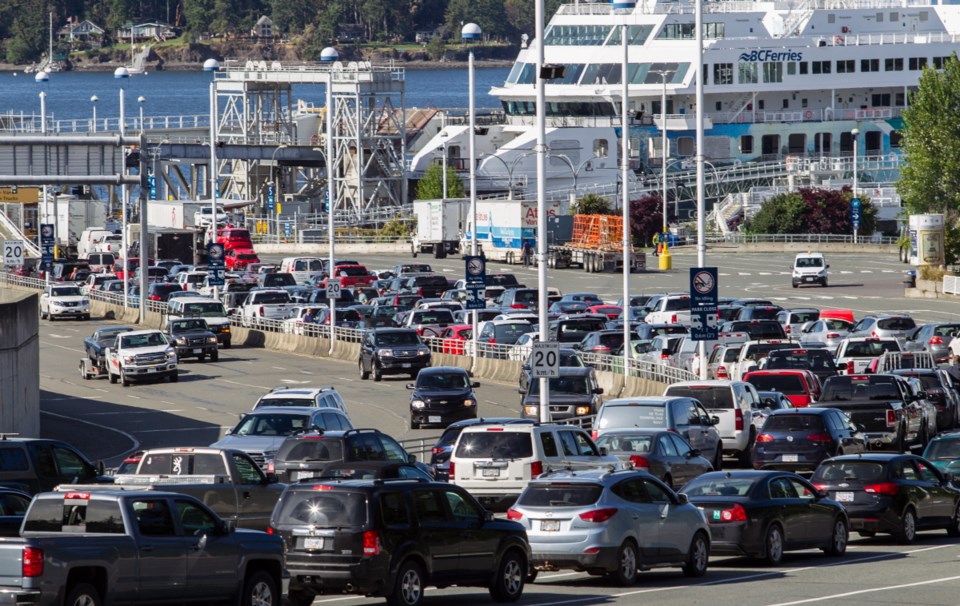The Canadian Ferry Association is renewing its call for federal aid for the industry, while warning ferry-dependent communities that lack of government support could hamper both economic and social recovery from the COVID-19 pandemic.
Serge Buy, chief executive of the association that represents companies like B.C. Ferries, said the industry has received no support from Ottawa, despite being encouraged to continue operating through trying conditions.
“The Canadian Ferry Association is calling on the government to show more flexibility and support a crucial part of Canada’s transportation infrastructure,” said Buy, who noted his constituents have continued ferrying first responders, essential travelers and goods to ferry-dependent communities throughout the pandemic, despite massive financial losses and increased costs.
The Canadian ferry industry estimates its losses at more than $450 million so far.
Buy said without help, ferry-dependent communities could face reduction in services, fleet-renewal delays, cancellation of shore-based infrastructure projects and delays in implementation of green-energy projects.
At times during the pandemic, B.C. Ferries has reported as much as an 80 per cent drop in traffic and daily losses of as much as $1.5 million. At one point, it also laid off 1,400 workers and drastically cut service
“COVID-19 has had a profound impact on our business,” said B.C. Ferries spokeswoman Deborah Marshall, noting the corporation has not been eligible for federal funding, but would like to be. She said B.C. Ferries continues to discuss the issue with provincial and federal governments.
Because B.C. Ferries is recognized as provincially owned under federal tax law, it is ineligible for Ottawa’s wage-subsidy program.
Buy said other firms are similarly not eligible, while the recently announced $19 billion in transfers to the provinces may only support the kinds of ferries that operate as part of municipal transit infrastructure.
“This lack of support for the ferry sector is dividing communities in Canada into those that take urban transit in large municipalities and those that rely on other modes of transportation such as ferries,” he said.
For months, B.C. Ferries and the Canadian Ferry Association have pushed Ottawa for federal help, including having the Canada Emergency Wage Subsidy program cover provincial and municipal Crown corporations, agencies and entities like B.C. Ferries, and developing a federal aid package of $155 million to partially cover the lost revenue.



